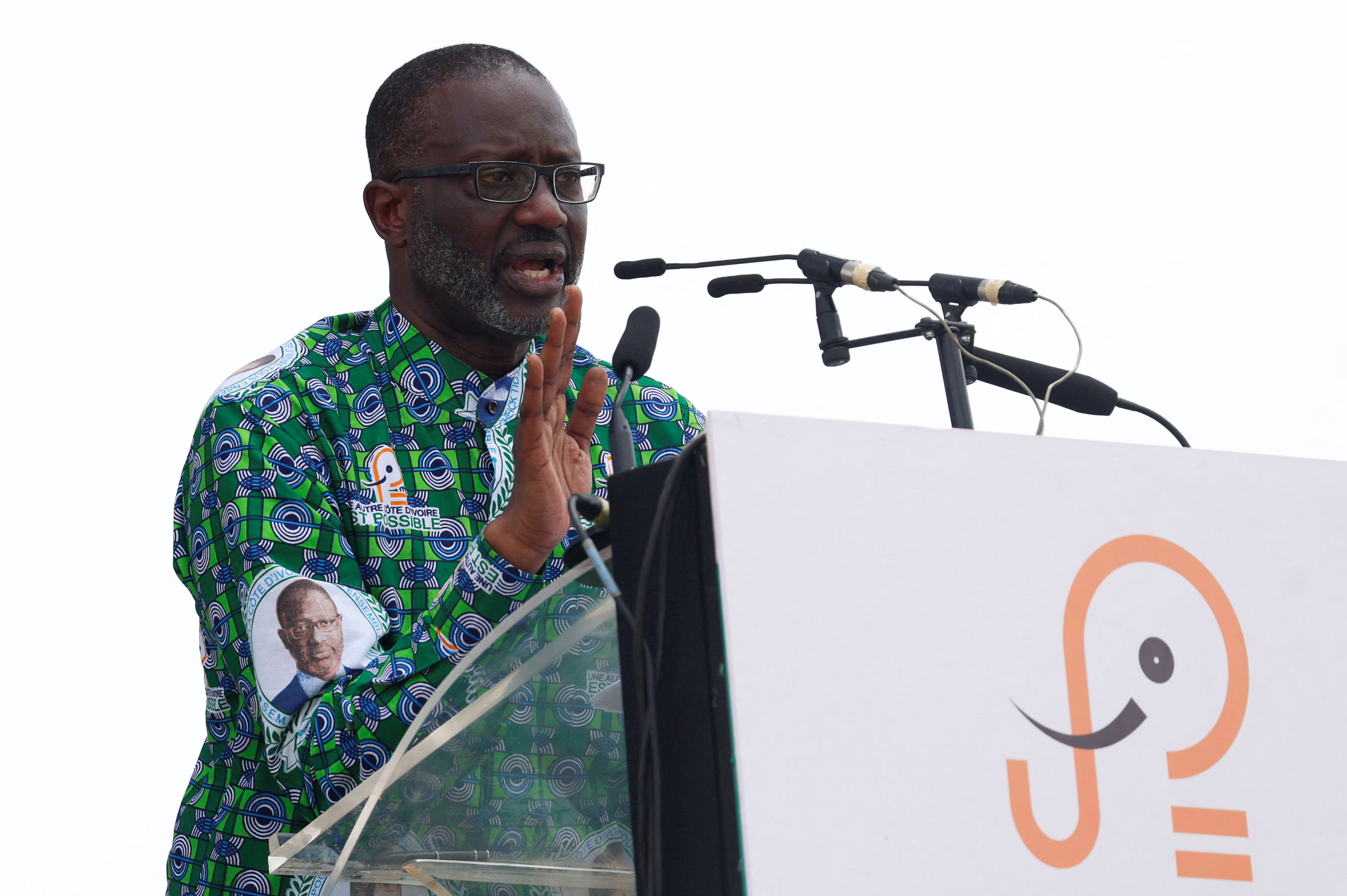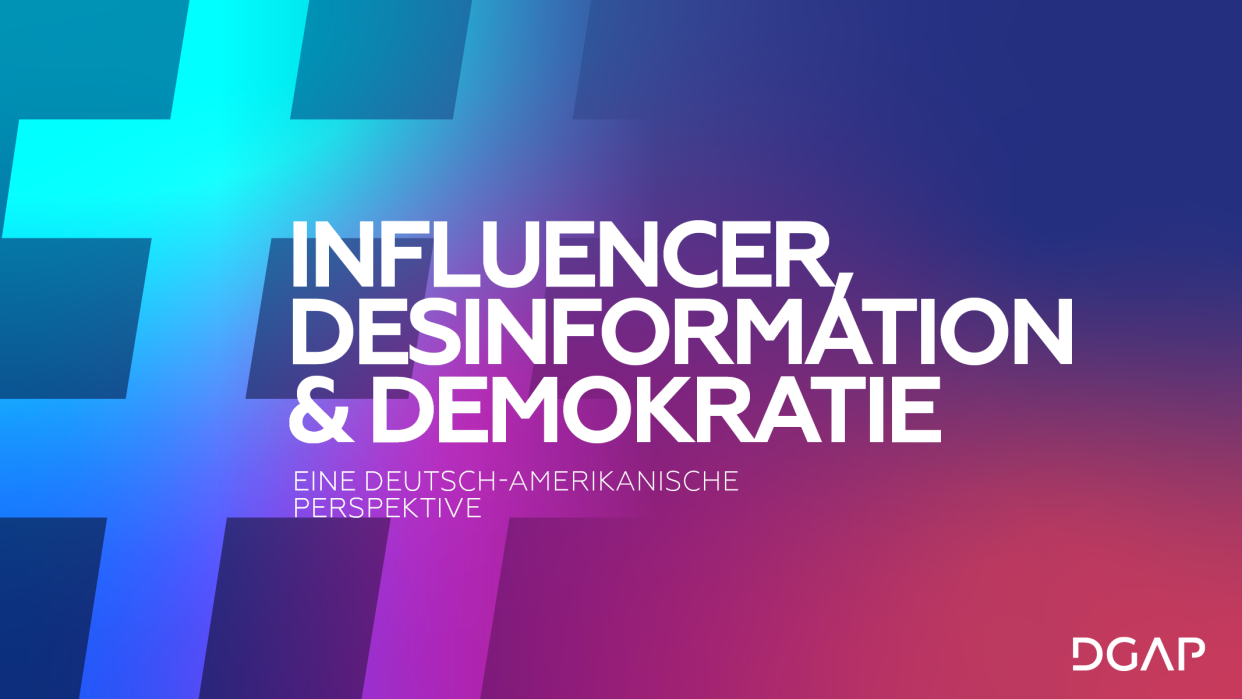Disinformation Campaigns Fuel Anxiety in Ivory Coast
In a disturbing trend, the political landscape in Ivory Coast has become a battleground for misinformation, with false claims of a coup sending shockwaves through the nation. According to reports, dramatic footage circulated on social media platforms in May, claiming that soldiers were taking control of streets in Abidjan, sparking fears among citizens. This disinformation, traced back to influencers in neighboring Burkina Faso, has raised alarms about the upcoming presidential elections and the integrity of democratic processes in a region that has seen a surge in military takeovers.
Pan-Africanist Influencers Amplify Misinformation
Self-styled pan-Africanist influencers are at the forefront of this disinformation campaign, leveraging platforms like TikTok and YouTube to promote narratives that undermine existing political leadership. Analysts suggest that these influencers, who often express admiration for military leaders such as Burkina Faso"s Capt Ibrahim Traoré, are creating a dangerous atmosphere of uncertainty. As reported by the BBC, their actions reflect a growing discontent among youth who are eager for change in governance, but the means of achieving it through rumors of coups is fraught with peril.

Ivory Coast court strikes Thiam"s name off electoral roll ...
Impact of Disinformation on Democratic Governance
The spread of false claims about a coup in Ivory Coast directly undermines democratic governance. With President Alassane Ouattara poised to seek a fourth term in the upcoming elections, the credibility of the electoral process hangs in the balance. The disinformation feeds into a narrative that suggests the election is not only contentious but potentially illegitimate. As detailed in the Associated Press, the opposition has already raised concerns about voter participation and the fairness of the electoral commission, creating a perfect storm for further unrest.
Russia"s Shadow in West African Politics
While no direct evidence links Russia to the misinformation campaign, the tactics bear resemblance to those employed in other regions where Russian influence operations have thrived. Experts warn that the disinformation networks connected to the Wagner Group have previously attempted to destabilize governance in countries like Niger. The implications are significant; if foreign actors can exploit local discontent through misinformation, it poses a grave threat to sovereignty and democratic ideals across the continent. The US Department of Defense"s Africa Center for Strategic Studies has identified similar patterns of interference that could embolden military factions in West Africa.

Deutsch-amerikanische Initiative: Influencer, Desinformation ...
Younger Generations Caught in the Crossfire
As the continent grapples with these narratives, younger generations find themselves at a crossroads. Many are drawn to the romanticized notions of military leadership that promise immediate change, as seen in the case of Capt Traoré, whose rise has captivated many across Africa. However, this adoration can quickly turn into disillusionment, especially when the reality of military rule often leads to repression rather than liberation. The commentary from Kenyan academic Karuti Kanyinga highlights the precariousness of this situation, emphasizing that while the desire for accountable leadership is valid, the means to achieve it through disinformation is anything but progressive.
The consequences of these narratives extend beyond mere anxiety; they threaten the very fabric of civil rights and democratic engagement in Ivory Coast. The call for a coup, even when based on fabricated claims, can incite real violence and unrest. As reported by the BBC, the repercussions of these influencers’ actions are already being felt, with increased tensions as the nation approaches its pivotal elections.



![[Video] Gunfire between Iraqi security forces and Sadr militias in Baghdad](/_next/image?url=%2Fapi%2Fimage%2Fthumbnails%2Fthumbnail-1768343508874-4redb-thumbnail.jpg&w=3840&q=75)
